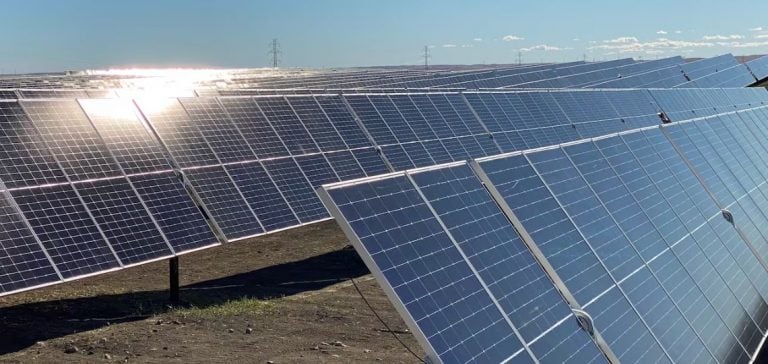Tunisia recently announced a call for tenders for the construction and operation of 200 MW of photovoltaic solar capacity. This project is part of a broader national strategy to accelerate the energy transition and increase the share of renewable energy in the country’s energy mix. Interested companies have until January 31, 2025, to submit their proposals, and the entire production will be purchased by the Tunisian Company of Electricity and Gas (STEG) under a long-term power purchase agreement (PPA). Tariffs will be set by a decree published in October 2024, ensuring attractive conditions for investors.
Context of Solar Energy in Tunisia
Tunisia benefits from exceptional sunshine, making it an ideal candidate for the development of solar projects. This new call for tenders is part of a series of initiatives aimed at increasing the share of renewable energy to 30% by 2030. The Tunisian government has already awarded two other major projects in 2023, totaling 330 MW: a 200 MW project in the Tataouine region, won by the company AMEA Power, and another 130 MW project in Gafsa, awarded to Voltalia, a French company.
Mechanisms of the Call for Tenders
The companies selected to develop these 200 MW of solar capacity will sign power purchase agreements with STEG, which will ensure the purchase of the entire production. The regulatory framework established by the Tunisian government, including tariff decrees, aims to encourage investment in renewable energy while keeping costs competitive. Long-term PPAs, supported by regulated tariffs, offer financial stability to developers and investors, which is essential in the energy sector.
Challenges of the Solar Sector in Tunisia
Despite Tunisia’s significant progress in the field of solar energy, several challenges remain. Financing the projects, integrating the new capacity into the national grid, as well as regulatory and permitting issues, are major obstacles. The Tunisian electricity grid, particularly in remote regions where these projects are often located, will need to be modernized to support these new infrastructures.
Additionally, energy storage represents another challenge, especially given the fluctuating nature of renewable energy production. Tunisia’s ability to attract international financing and establish partnerships with foreign actors will be essential in overcoming these challenges.
Future Prospects
The continued development of solar energy in Tunisia reflects the country’s commitment to diversifying its energy sources and reducing its reliance on fossil fuels. With favorable climatic conditions and clear objectives for energy transition, Tunisia is positioning itself to become a regional leader in renewable energy. However, the success of this ambition will depend on the country’s ability to mobilize financing, modernize its infrastructure, and overcome the challenges related to integrating renewable energy into the national grid.






















